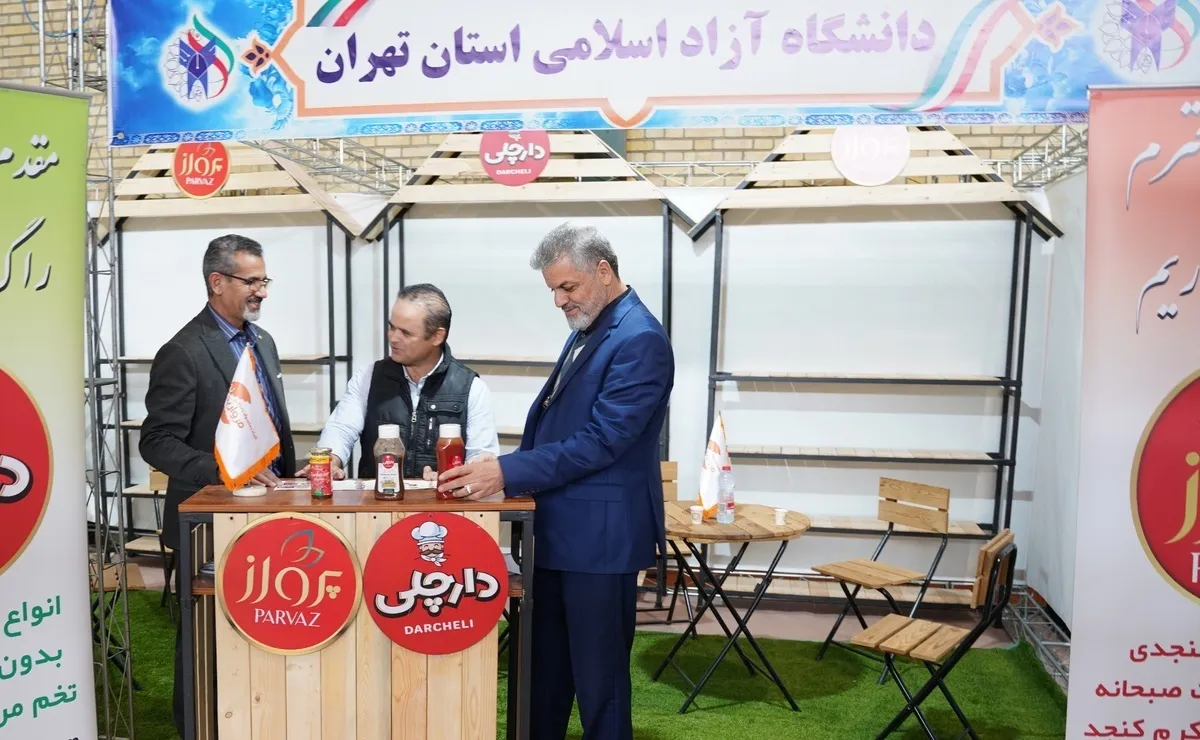Iranian Firm Makes Health-Oriented Products for 7 Groups of Patients

“We are active in producing health-oriented products, including gluten-free sesame products and sauce products without gluten, sugar, additives, eggs and oil for the first time with the support of the Islamic Azad University,” Mehrdad Ramezani, the managing director of the company stationed at the Islamic Azad University of Medical Sciences of Tehran, told ANA.
“The company's products have been recommended by nutritionists for seven groups of patients, including diabetes, celiac disease, heart disease, arthritis and Alzheimer's disease, and were presented in different sauce groups like plain and spicy ketchup, plain and mustard sandwich sauce and barbecue sauce, and two samples of barbecue and sandwich chutneys that are health-oriented and free of additives. The products are completely vegetarian,” he added.
“Our company makes 90 types of products, 40 of which are health-oriented. We are the only manufacturer of gluten-free halva and sesame pastes used for celiac patients, and for patients with breast cancer, we produce a barbecue sauce extracted from red plums,” Ramezani said.
In a relevant development in February, Iranian researchers at University of Tehran had also designed a new nanosensor for rapid detection of gluten content in food samples which contain grains, to help patients with celiac disease.
In a new research conducted in the biosensor laboratory of the Electrochemistry Institute of the University of Tehran under the supervision of Farnoush Faridbod, an associate professor of the Faculty of Chemistry of University of Tehran, and Sanaz Karamdoust and Sheyda Zoqi, two PhD students, a rapid diagnostic method for determining amount of gluten in bread and flour samples was presented.
“The fluorescence nanosensor designed in this research is made of carbon quantum dots and molecular molding technology in silicate matrix. The nanosensor has fluorescence emission and increases the emission by absorbing gluten in the voids molded on the nanostructure,” Faridbod said.
Faridbod and her colleagues at the Institute of Electrochemistry of the University of Tehran had also previously designed a nanosensor to detect fake saffron by using the same technology.
4155/v





















